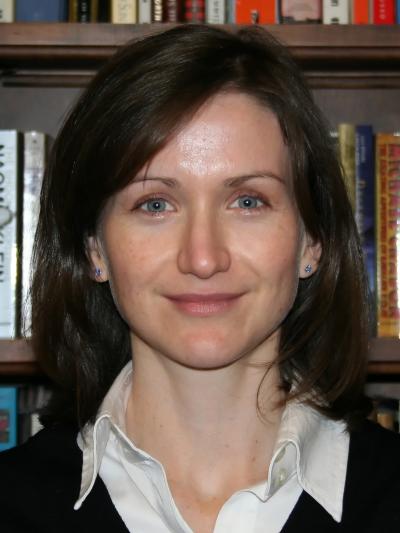Political Dimensions of Economic and Civil Insecurity in Brazil

Principal Investigators: Sarah Brooks, Department of Political Science
During the late 20th century, developing nations around the world made great strides in extending political rights to their citizens. The assumption behind extending these rights was that once granted the ability to participate in the political system, poor people would enact laws to bring about economic gains and close income gaps.
Yet in many countries this is not what happened, and Sarah Brooks wants to know why. Using Latin America, and specifically Brazil, as a backdrop for her analysis, Brooks postulates that citizens use democracy to achieve egalitarian outcomes most effectively if they have access to a social safety net. Without such security, democracy may reinforce rather than overturn sharp disparities.
Brazil makes a good test case for Brooks's thesis because it has experienced positive economic growth with significant reductions in poverty and inequality. Despite these gains, however, political participation has waned as violence and insecurity have risen. Brazil has one of the highest homicide rates in the world, along with deep economic insecurity among the poor.
Brooks is investigating the link between democracy, insecurity, and inequality in two ways. First, she used a 2009 Brazilian survey to gauge how vulnerable people believe they are to crime and income loss, how they cope with this perceived vulnerability, and what this means for their participation in local councils that oversee health, education and housing programs.
The results of the survey showed clearly that people who had access to risk-protection systems such as good jobs, health care, insurance, and community policing were more likely to participate in democratic institutions. People who did not have such access, however, were less likely to participate, even though participation could have given them the means to improve their own situation.
Second, Brooks will put the Brazilian experience into perspective by conducting a cross-national analysis of changing risk protection systems in Latin America. To do this, she will use data from the Latinobarometer, a survey of 34,000 people in 22 countries.
Based on this research, Brooks plans to produce two articles and a proposal to the National Science Foundation for multiyear cross-national study of risk protection and democracy.
Filters: 2009-2010, Political Science
